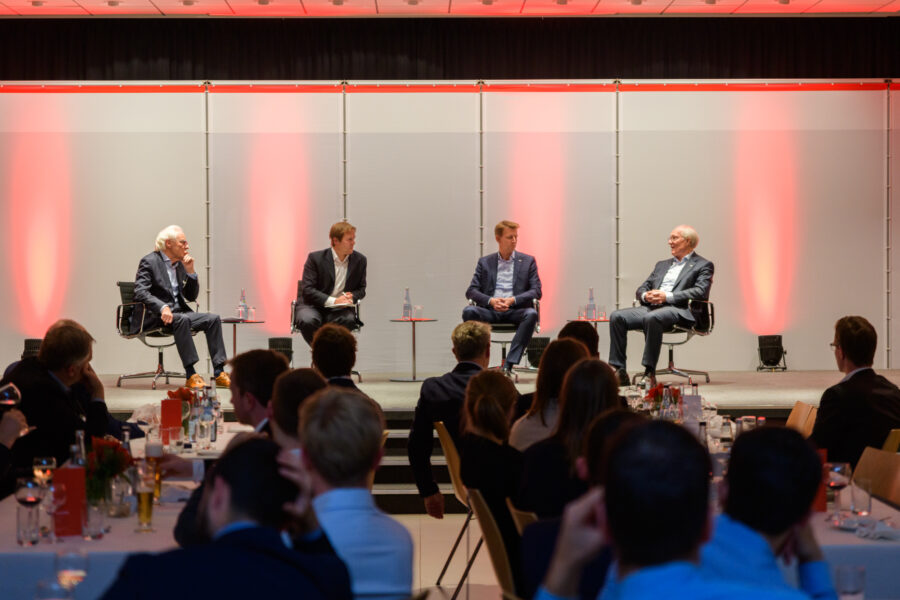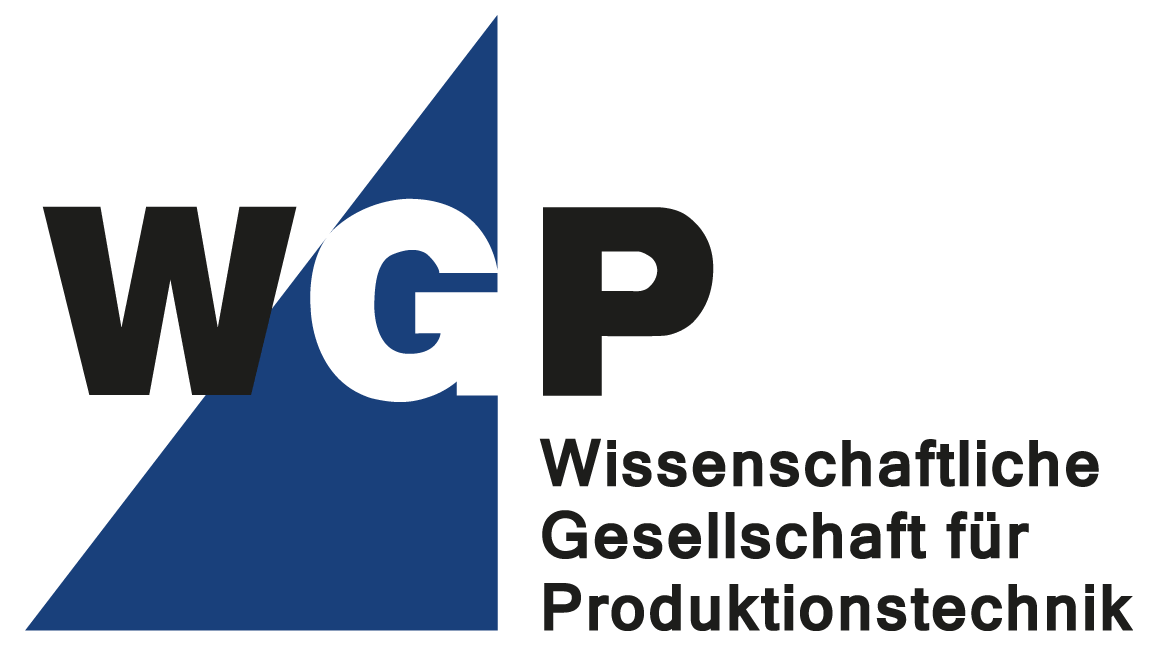
Hamburg, November 28, 2023 – “Towards a circular economy with technology-based and sustainable production” was the motto of this year’s WGP Annual Congress. From November 20 to 23, researchers and company representatives presented the latest ideas and production technology approaches to master current challenges such as climate change and resource scarcity in Freudenstadt. They covered a wide range of topics, from energy and material efficiency to resilient value creation systems and the latest aspects of the circular economy through to digitalization as an enabler. “We will only be able to achieve sustainability based on technology, and this year’s WGP Congress has very precisely outlined and scientifically developed the innovation space required for this and presented a large number of application-oriented solutions, said WGP Professor Thomas Bauernhansl from the Institute of Industrial Manufacturing and Factory Operation (IFF) at the University of Stuttgart.
In the opening keynote, Dr. Kurt Schmalz, Managing Partner of J. Schmalz GmbH from Glatten, explained that the market-leading medium-sized group of companies is continuously developing existing products and processes and quickly adapting the latest technologies. This in turn enables the company to play a global pioneering role in the field of competitive and environmentally neutral production. The successful product innovations are driven by the fact that sustainability approaches have been a central pillar of the corporate culture for decades. Schmalz also presented current research projects in which his company is involved, such as the ReduCO2 project as part of H2BlackForest, in which the use of hydrogen technologies in the northern Black Forest region is being researched and further developed.
Securing Germany as a business location
Maximilian Bronner, Managing Director of Production and Technology at fischerwerke GmbH, demonstrated that sustainability and the circular economy are not only necessary for the healthy continuation of life on this planet, but are also an entrepreneurial duty in order to position the company for the future. “Under the pressure of rising costs and the lack of qualified employees, more efficient production with lean principles makes it possible to maintain Germany as a business location,” he warned. For this reason, lean principles are described in the fischer process system (fPS) and sustainably integrated into process improvements at fischer. The variance of end products has also been reduced by more than 70 percent, which has a positive impact on areas such as productivity per unit area, energy efficiency and production costs. At the same time, fischer pushed ahead with the digitalization of production, making control processes and manufacturing more transparent. “Transparency creates the basis for progressive development in line with the lean concept beyond the known limits,” says Bronner.
Processing rubber more efficiently
The WGP Annual Congress traditionally gives young scientists the opportunity to present their research findings to the public. This year, a total of 74 papers were selected that are considered particularly promising.
For example, Marco Lukas from the Institute of Transport and Automation Technology (ITA) at Leibniz Universität Hannover reported on how data mining can be used to optimize the temperature control of the rubber extrusion process in terms of efficiency and sustainability. For production as a whole, this means both a reduction in waste through precise control as well as a reduction in the initial test cycles of new products and the required manpower. The method is used in rubber extrusion processes and rubber mixing processes, among others, but can also be transferred to other processes. At present, the control system has been successfully implemented and validated on a research extrusion line. As soon as the processes of the respective companies have the corresponding sensors/training data, the concept can be transferred or implemented using generalization techniques.
Identifying new disruptive factors in production
Hanwen Zhang and Gonsalves Grünert from the Laboratory for Machine Tools and Production Engineering (WZL) at RWTH Aachen University showed that a cross-process chain analysis has a positive impact on the quality and sustainability of gear production. To this end, the influence of the production data on the quality of the gear and the impact of the production steps on the environment were analyzed. It was shown that a detailed analysis of the newly identified influencing factors can help to further minimize rejects in production. At the same time, the ecological evaluation of different production sequences enabled approx. 200 grams of CO2e to be saved in the production of the pinion shaft.
The method offers an innovative way of identifying previously unknown disturbance variables in production in addition to known influencing factors. This enables a holistic view of the process chain, which in turn opens up new research approaches for optimization. The method also allows the environmental impact to be monitored in order to achieve environmentally neutral production with consistent quality. In principle, the method can be applied to any manufacturing process chain that requires a detailed analysis of the relationships between production data, product quality and environmental impact. In order to evaluate the feasibility of the method in the respective companies, comprehensive industry-related validation studies are to be carried out in the next step.
Preventing process fluctuations in extrusion presses
Last but not least, Thomas Wild from the Chair of Production Technology (LFT) at Friedrich-Alexander-Universität Erlangen-Nürnberg analyzed the influence of production-related heating of the tools in the production of functional components made from aluminium sheet materials using extrusion presses. In these investigations, it was initially established that even a slight increase in temperature to 80 °C influences the forming result due to higher mold filling. This correlation therefore poses a challenge for the series production of functional components with tight tolerances. Despite transient production conditions at the start of a production batch, dimensionally accurate components should of course be produced continuously in order to avoid rejects and ensure higher material utilization. However, this requires precise knowledge of the start-up behavior of the process, which is to be developed in this study. Possible compensatory measures for the aforementioned process fluctuation could include adjusting the ram travel over time or preheating the active mold parts.
All in all, the WGP Annual Congress once again showed how much potential there is in young scientists and how their innovative ideas are driving forward an end-to-end circular economy, which still sounds utopian today, surprisingly quickly. The approaches developed promise to make a significant contribution to promoting sustainability in manufacturing and production technology systems.
Download:
Image 1: WGP Annual Congress 2023, panel discussion at fischerwerke GmbH, speakers from left to right: Prof. Dr. Erich Zahn, Prof. Dr. Alexander Sauer, Andreas Voll (Chairman of the Management Board), Dr. Kurt Schmalz; Source: Fotoatelier Ebinger
